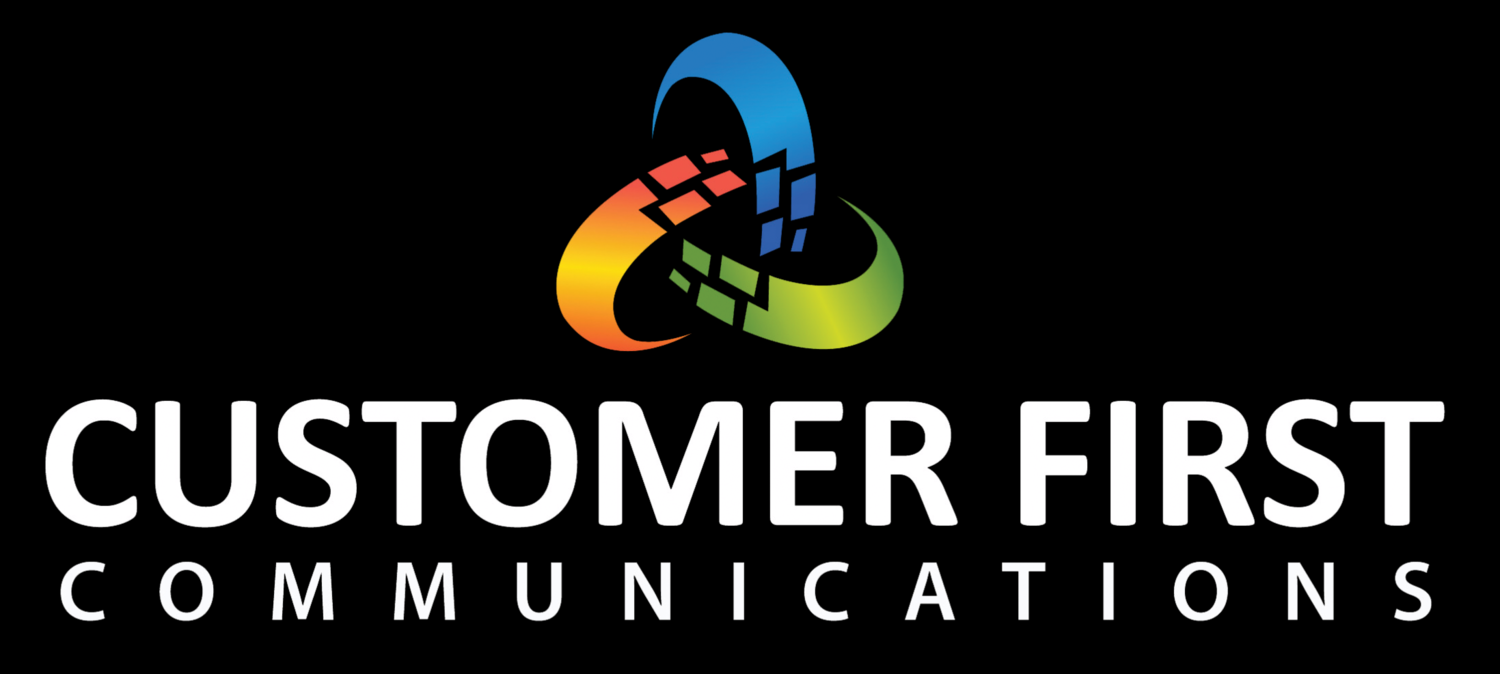Advantages of Fixed Wireless
Simply put, fixed wireless provides broadband internet access to a single location through radio waves, eliminating the need for phone or cable lines.
Why haven’t more people heard of fixed wireless?
Probably because it’s frequently confused with satellite internet service. There are some similarities between the two. Both satellite and fixed wireless require a dish or antenna. Both provide high speed internet connection without using phone or cable lines. But that’s about where the similarity ends. Here’s a look at the important differences.
Weather
Most everyone knows that satellite doesn’t handle certain weather conditions very well. Because the signal has to travel through the entire atmosphere and back, it might not even be your local weather that causes the problem, but a storm many miles away. This is not an issue with a fixed wireless connection. Fixed wireless towers are land-based, and about as tall as the average cell phone tower, so clouds or rain won’t interfere with the signal, and the signal covers a shorter range, so a storm in the next state will have no effect on your service.
Latency
One of the biggest differences between fixed wireless and satellite is the amount of latency, or lag. This is how long it takes information to be sent or received over your connection. When it comes to latency, lower is always better. With satellite, a signal must travel from the dish to the satellite, then back down from the satellite to the provider’s servers and on to the internet. All that distance adds up to high latency, which can cause even a high speed connection to be sluggish. With a fixed wireless connection, the signal only travels from the antenna to the nearest tower, which is usually within about 10 miles. The shorter distance means that fixed wireless has about the same latency as a cable or DSL connection, and will run just as quickly.
Latency isn’t just important for gamers – although anyone who’s ever played World of Warcraft or Call of Duty will tell you it makes all the difference in the world. Just as a gaming session needs low latency to prevent timing out or dropping, many business applications also require that quick response time. VoIP phone services, video conferencing, and streaming audio or video are all difficult, if not impossible, to run on a connection with high latency.
Data Caps
Satellite companies enforce data caps – limits on the amount of data any one connection can use in a given period – in accordance with a document called a “Fair Access Policy”. Essentially, this policy states that some customers use the internet more than others, and that is unfair, so each customer is allowed only so much data in a given time frame. Usually, it’s something like 5-20GB per month, but you can be allowed more if you confine your internet activities to the hours between 2am and 8am or if you pay an extra fee. When you reach your data limit, the provider reduces your connection speed significantly, sometimes to the level of dial-up. This is highly impractical for any company that needs constant, reliable internet access to do business. Even a small business with only two or three computers could easily reach some of the lower data limits with just a few large files.
Most fixed wireless providers do not enforce any data caps. Therefore, you can download or upload large files (software, updates, large email attachments, etc.), run a VoIP phone system, stream music in your office, or use internet-based applications and databases as much as you need to in order to keep your business running at its best.
Price and Contracts
In internet service, just like anything else, everyone wants the most for their money. In almost all cases, fixed wireless broadband costs less than a comparable satellite connection, in both monthly charges and installation fees, and without the long-term contracts that satellite companies use.
Satellite may be more well-known, but fixed wireless broadband is more reliable, with low latency, no data caps, and lower cost. It’s a big step up, and a great choice for business.
Customer First Communications is your first choice for unified communications and connectivity services in Southern California.
Contact us today for the internet, voice, or data center solution that is right for you!


